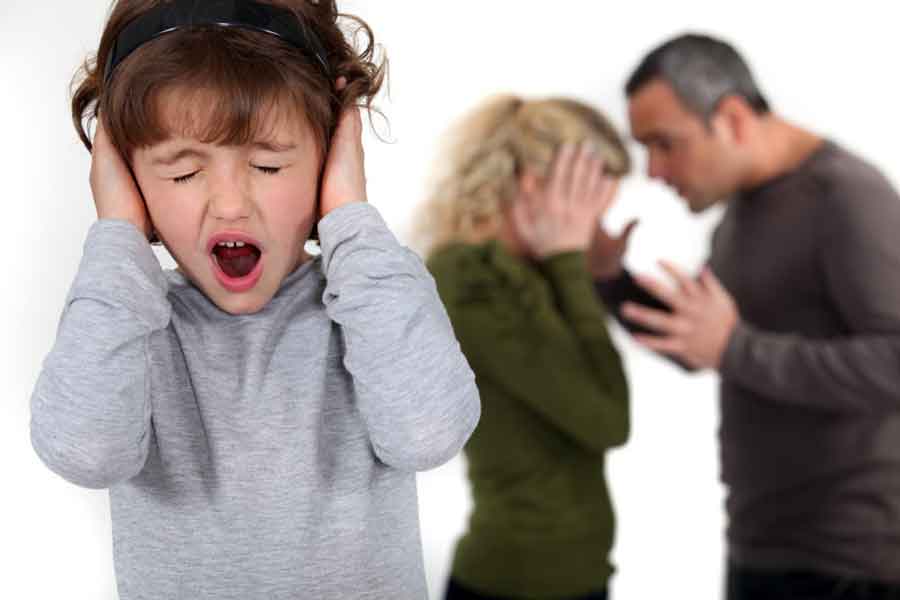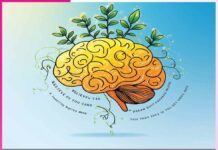Childhood Obesity- Prevention Strategies
Introduction: Childhood obesity is a growing global health crisis with significant implications for physical and mental health. Childhood obesity is a significant public health concern that has escalated into a global epidemic. Characterized by an excessive accumulation of body fat, childhood obesity has been linked to a range of health problems, including type 2 diabetes, cardiovascular diseases, and mental health issues. Identifying the many aspects of obesity in kids is critical for establishing appropriate preventive and treatment approaches. According to the World Health Organization (WHO), the frequency of pediatric obesity has risen considerably in the past few decades.
Table of Contents
How to Assess Childhood Obesity?
Childhood obesity is typically assessed using the Body Mass Index (BMI), which is calculated by dividing a child’s weight in kilograms by the square of their height in meters. For children and adolescents, BMI percentiles are used to determine obesity levels. According to the Centers for Disease Control and Prevention (CDC), a child with a BMI at or above the 95th percentile for their age and sex is classified as obese.
Causes of Childhood Obesity
Dietary Factors:
- High-Calorie Diets: Increased consumption of calorie-dense foods and beverages, such as sugary drinks, fast food, and snacks high in fat and sugar, contributes significantly to childhood obesity. These foods often provide excess calories without essential nutrients.
- Poor Eating Habits: Irregular eating patterns, such as skipping meals or frequent snacking on unhealthy foods, can disrupt metabolism and contribute to weight gain.
Physical Inactivity:
- Sedentary Lifestyle: Many children lead sedentary lifestyles, spending significant amounts of time engaged in activities like watching television, playing video games, or using electronic devices. This reduces energy expenditure and can lead to weight gain.
- Lack of Exercise: Insufficient physical activity is a major contributor to obesity. Regular exercise helps burn calories, build muscle, and improve overall health.
Understanding Childhood Obesity

Policy Interventions:
Policy interventions at the local, national, and global levels play a crucial role in shaping environments conducive to healthy behaviors.
Nutrition Policies
- School Meal Regulations: Implementing strict guidelines for school meal programs can significantly impact children’s dietary habits. Policies that mandate the inclusion of fruits, vegetables, whole grains, and low-fat dairy products, while limiting sugary snacks and beverages, are effective in promoting healthier eating patterns.
- Food Labeling and Marketing: Regulating food marketing, especially towards children, can reduce the consumption of unhealthy foods. Clear, informative food labels help parents and children make healthier food choices. Policies that restrict the marketing of high-calorie, low-nutrient foods to children can mitigate their impact on dietary preferences.
Urban Planning:
- Creating Safe Spaces for Physical Activity: Urban planning that includes parks, playgrounds, and safe walking paths encourages physical activity. Access to these facilities is crucial for children to engage in regular exercise, which helps prevent obesity.
- Promoting Active Transportation: Encouraging walking or biking to school through safe routes programs can increase physical activity levels. Policies that support bike lanes and pedestrian-friendly infrastructure contribute to healthier lifestyles.
Educational Initiatives
Educational programs play a vital role in raising awareness and promoting behaviors that prevent obesity.
School-Based Programs;
- Nutrition Education: Integrating nutrition education into the school curriculum helps children understand the importance of healthy eating. Programs that teach kids about balanced diets, the benefits of different nutrients, and how to make healthier food choices can have a lasting impact.
- Physical Education: Schools should offer regular physical education classes that are both enjoyable and challenging. Programs that incorporate a variety of activities, from team sports to individual exercises, can help children develop a lifelong habit of physical activity.
Community Education:
- Parental Workshops: Educating parents about the importance of healthy eating and active living inspire them to support their children’s health. Workshops can cover topics such as meal planning, reading food labels, and effective ways to encourage physical activity at home.
- Public Awareness Campaigns: Community-wide campaigns that promote healthy eating and active living can reach a broad audience. These campaigns can include advertisements, social media efforts, and community events that highlight the importance of preventing obesity.
Community Involvement
Community engagement is essential for creating environments that support healthy behaviors.
Local Organizations and Programs:
- Youth Sports Leagues: Community sports programs provide children with opportunities to be physically active while having fun. These programs can also foster teamwork and social skills, which are important for overall development.
- Farmers’ Markets and Community Gardens: Access to fresh, affordable produce through farmers’ markets and community gardens encourages healthier eating. Community gardens also provide an educational experience, teaching children about where food comes from and how to grow their own fruits and vegetables.
Collaborative Efforts:
- Partnerships with Healthcare Providers: Collaboration between schools, community organizations, and healthcare providers can enhance efforts to prevent obesity. Regular health screenings and educational sessions by healthcare professionals can identify at-risk children and provide targeted interventions.
2 Engaging Local Businesses: Businesses can play a role in promoting healthy lifestyles by supporting initiatives like healthier menu options in restaurants or sponsoring community fitness events. Engaging local businesses in obesity prevention efforts helps integrate health into the community fabric.
Family-Based Approaches

Healthy Eating Habits:
- Meal Planning and Preparation: Involving children in meal planning and preparation can foster healthier eating habits. Parents who model balanced eating and cook meals at home contribute to their children’s understanding of nutrition.
- Portion Control and Balanced Meals: Teaching children about appropriate portion sizes and balanced meals helps them develop a healthy relationship with food. Families can use tools like food diaries to track eating patterns and make adjustments as needed.
- Promoting Physical Activity:
- Active Family Time: Encouraging family activities that involve physical movement, such as hiking, biking, or playing sports together, can make exercise enjoyable and part of the family routine.
- Limiting Screen Time: Setting limits on screen time and encouraging other forms of entertainment can help reduce sedentary behavior. Families can promote active play and outdoor activities as alternatives to extended periods of inactivity.
Addressing Special Populations
Certain populations may face additional challenges in preventing obesity, such as those from lower socio-economic backgrounds or those with specific health conditions.
Socio-Economic Disparities:
- Access to Resources: Providing access to affordable, healthy food options and recreational facilities is crucial for low-income families. Initiatives like subsidized healthy food programs and community fitness centers can help bridge the gap.
- Education and Support: Tailored educational programs and support services can address the unique needs of families facing socio-economic challenges. These programs should be culturally sensitive and accessible to ensure broad participation.
Children with Special Needs:
Customized Physical Activity Programs:
Children with disabilities or special health needs may require adapted physical activity programs. Ensuring that these programs are inclusive and accommodating can help all children participate in regular exercise.
Nutritional Guidance:
Special dietary needs should be addressed through personalized nutritional guidance. Healthcare providers can work with families to create appropriate meal plans that meet the specific needs of children with health conditions.
Conclusion
Preventing childhood obesity requires a comprehensive approach that involves policy interventions, educational initiatives, community involvement, and family-based strategies. By addressing the multifaceted nature of obesity, we can create environments that support healthy behaviors and help children develop habits that will benefit them throughout their lives. Collaboration among policymakers, educators, healthcare providers, and families is essential to successfully combat this public health issue and ensure a healthier future for our children.













































